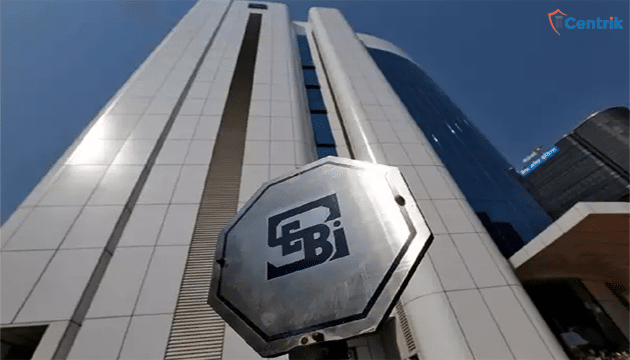
STATUS AS ON 24/05/2019
Earlier when the company defaulted in the repaying its debt the only option available was to wind up the company or liquidate the assets of the corporate debtor. The winding up or liquidation could not yield any benefit to the creditors and the claims of the creditors could not get settled prudently.
To overcome the aforementioned hindrances, a new legislation called Insolvency and Bankruptcy , 2016 (IBC) was enacted under which revival of the corporate debtor has been provided a priority and when no resolution works out thereafter the company is sent into the liquidation.
The Corporate Insolvency Resolution Process (CIRP) under Insolvency and Bankruptcy Code, 2016 (IBC) is undertaken so as to promote the interests of all the stakeholders as well as creditors of the corporate debtor. Thus, once an application under IBC is admitted an Interim Resolution Professional (IRP) is appointed to take over the control and management of the corporate debtor and proceed with a viable Corporate Insolvency Resolution Plan for the corporate debtor.
Subsequently under section 14 of the code, the moratorium order is passed. Accordingly till the time moratorium period exists no other action or suit or case or proceedings against the corporate debtor can take place.
Now let’s understand the moratorium period in detail.
Significance of moratorium
When a company is pushed into insolvency, the primary objective of the IRP and the whole Corporate Insolvency Resolution Process is to revive the company and get the maximum settlement value for the creditors. Adhering to the same objective, the moratorium period comes into existence.
The moratorium period prohibits every transaction, proceedings or suit which diminishes the value of the corporate debtor or assets of the corporate debtor. Therefore, every such proceeding or suit or action which is filed against the corporate debtor which reduces the value of corporate debtor or anywhere hampers the interest of creditor is stayed.
In furtherance to the intent of legislation in enacting section 14 of the code, National Company Law Appellate Tribunal (NCLAT) recently in the matter of Mr. Bohar Singh Dhillon vs. Mr. Rohit Sehgal laid down that till the moratorium continues, the Securities and Exchange Board of India cannot recover any amount nor can sell the assets of the ‘Corporate Debtor’ during the moratorium period.
Moreover, NCLAT observed that even if the steps have been taken by the ‘Securities and Exchange Board of India’ against the corporate debtor, the petition under section 7 of IBC is maintainable. And the Interim Resolution Professional or the Resolution Professional appointed is bound to act in complying the orders of ‘Securities Exchange Board of India’ on behalf of the corporate debtor. However, SEBI is not allowed to recover or sell any assets of the corporate debtor till the time moratorium period exists.
CONCLUSION
In spite of some recovery proceedings being initiated against the corporate debtor, the insolvency petition under section 7 of the code against the corporate debtor is maintainable and moratorium period comes into existence. Consequently, till the moratorium continues no recovery proceedings or any other proceedings of such nature can take place against the corporate debtor.
Disclaimer – Please note that the above view is based on personal interpretation and for general awareness. The readers are required to take opinion from the Top IBC professionals or Insolvency Professionals before relying on the article. For any clarifications, please write to us at ibc@centrik.in




 join For Updates
join For Updates